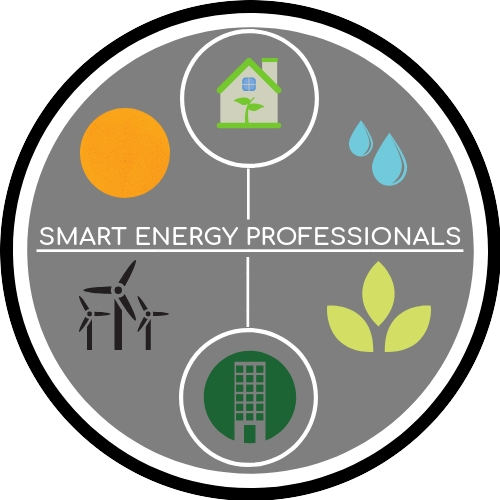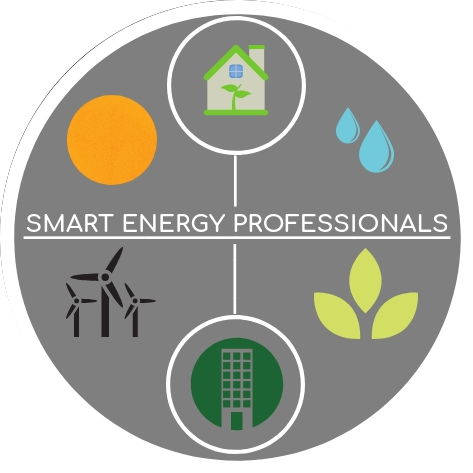10 Reasons Why Adding Insulation in Baltimore, Maryland is a Smart Move
Baltimore, Maryland, known for its charming neighborhoods and historic architecture, is no stranger to extreme weather conditions. If you're a homeowner in Baltimore, you know how important it is to maintain a comfortable indoor environment while keeping energy costs in check. One effective way to achieve this is by adding insulation to your home. In this article, we'll explore the top 10 reasons why adding insulation in Baltimore is a smart move.
Energy Savings: By adding insulation, you create a thermal barrier that prevents heat loss during cold winters and heat gain during hot summers. This increased thermal efficiency helps reduce your heating and cooling costs, ultimately leading to significant energy savings over time. We see these results day to day with us being energy auditors.
Comfortable Living Spaces: Insulation acts as a buffer against external temperature fluctuations, allowing you to maintain comfortable living spaces throughout the year. You'll experience fewer drafts, more consistent temperatures, and improved overall comfort in your home.
Reduced HVAC Strain: With proper insulation, your heating and cooling systems won't have to work as hard to maintain the desired temperature. This reduced strain on your HVAC system can extend its lifespan, save you money on repairs, and lower the risk of unexpected breakdowns.
Noise Reduction: Insulation not only helps with temperature control but also acts as a sound barrier. If you live in a bustling neighborhood or near a busy road, adding insulation can significantly reduce the amount of noise that enters your home, creating a quieter and more peaceful environment.
Environmental Benefits: By reducing your energy consumption through insulation, you contribute to a greener environment. Lower energy usage means fewer carbon emissions and a smaller ecological footprint. Insulation is an eco-friendly choice that helps protect the planet.
Increased Home Value: Insulation is an investment that pays off in multiple ways. Not only does it improve your day-to-day comfort and energy efficiency, but it also increases the value of your property. Potential homebuyers recognize the benefits of a well-insulated home, making it an attractive feature when it comes time to sell.
Moisture Control: In humid climates like Baltimore, insulation plays a crucial role in controlling moisture levels within your home. Properly installed insulation helps prevent condensation, mold, and mildew growth, safeguarding your property and promoting a healthier living environment.
Government Incentives: In many cases, adding insulation to your home may qualify you for government incentives, tax credits, or rebates. These programs encourage energy-efficient upgrades and can help offset the initial cost of insulation installation, making it an even more cost-effective choice.
Year-Round Benefits: Insulation isn't just beneficial during extreme weather conditions; it offers year-round advantages. It helps maintain a consistent indoor temperature, reduces energy waste, and provides long-term benefits for your home and wallet, regardless of the season.
Local Expertise: Baltimore has numerous insulation contractors and professionals experienced in addressing the specific needs of homes in the area like Smart Energy Pros! Take advantage of their knowledge and expertise to ensure that your insulation installation is done correctly and in accordance with local building codes.
Conclusion: Adding insulation to your Baltimore home is a smart move that offers a wide range of benefits. From energy savings and increased comfort to noise reduction and environmental advantages, insulation is a valuable investment that improves your quality of life while protecting your property. Don't wait any longer—consult with Smart Energy Pros and start enjoying the many advantages of a well-insulated home today!

